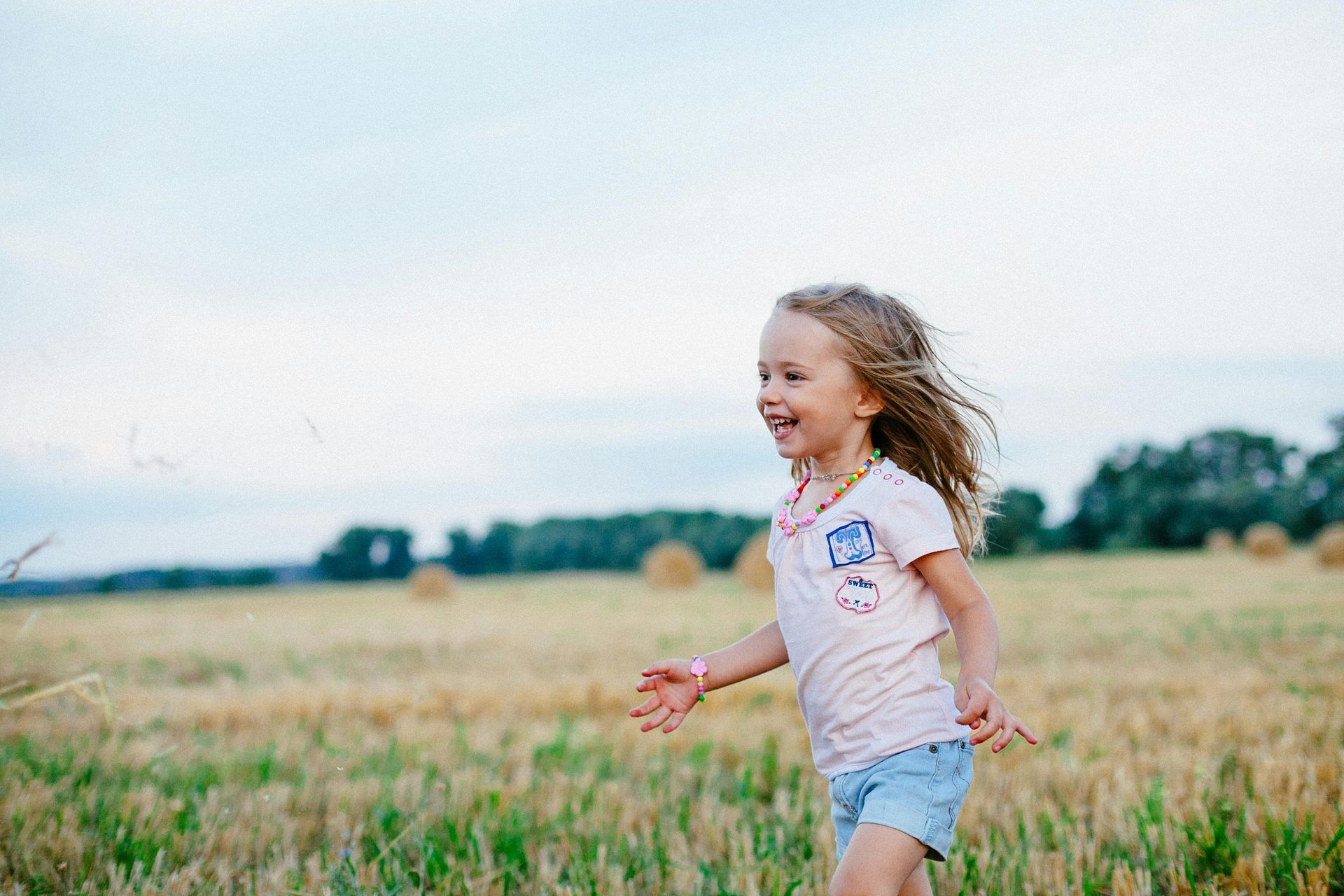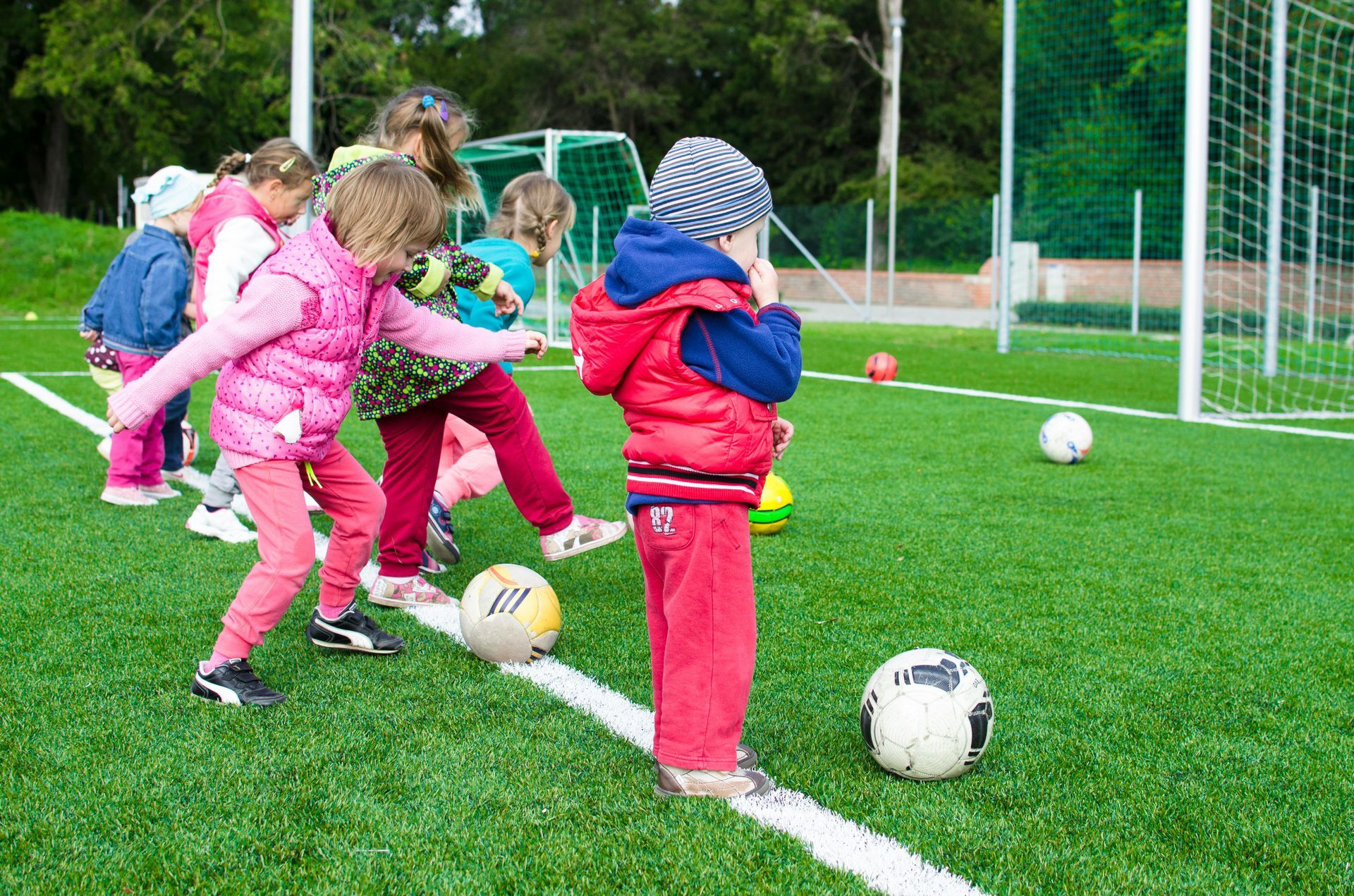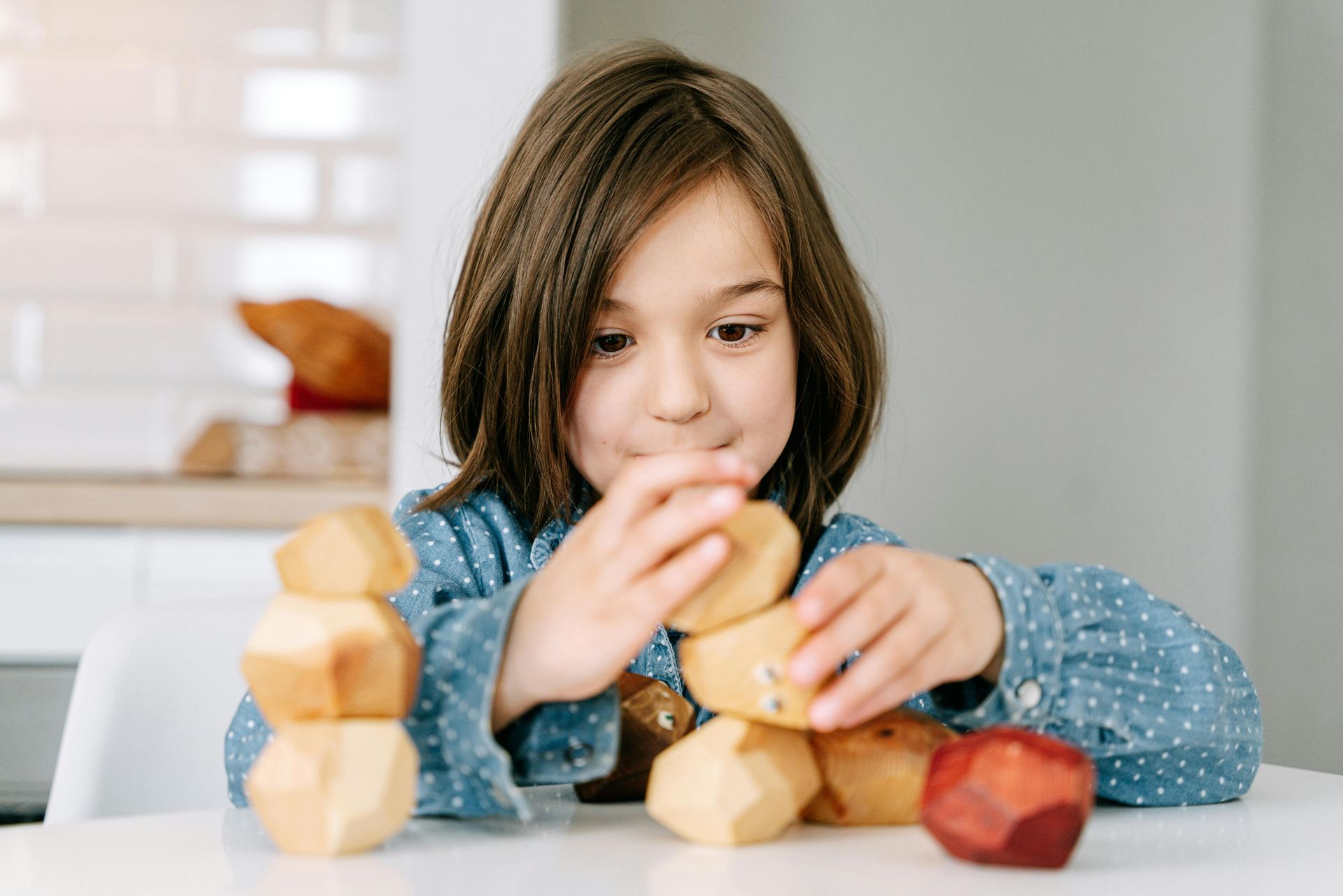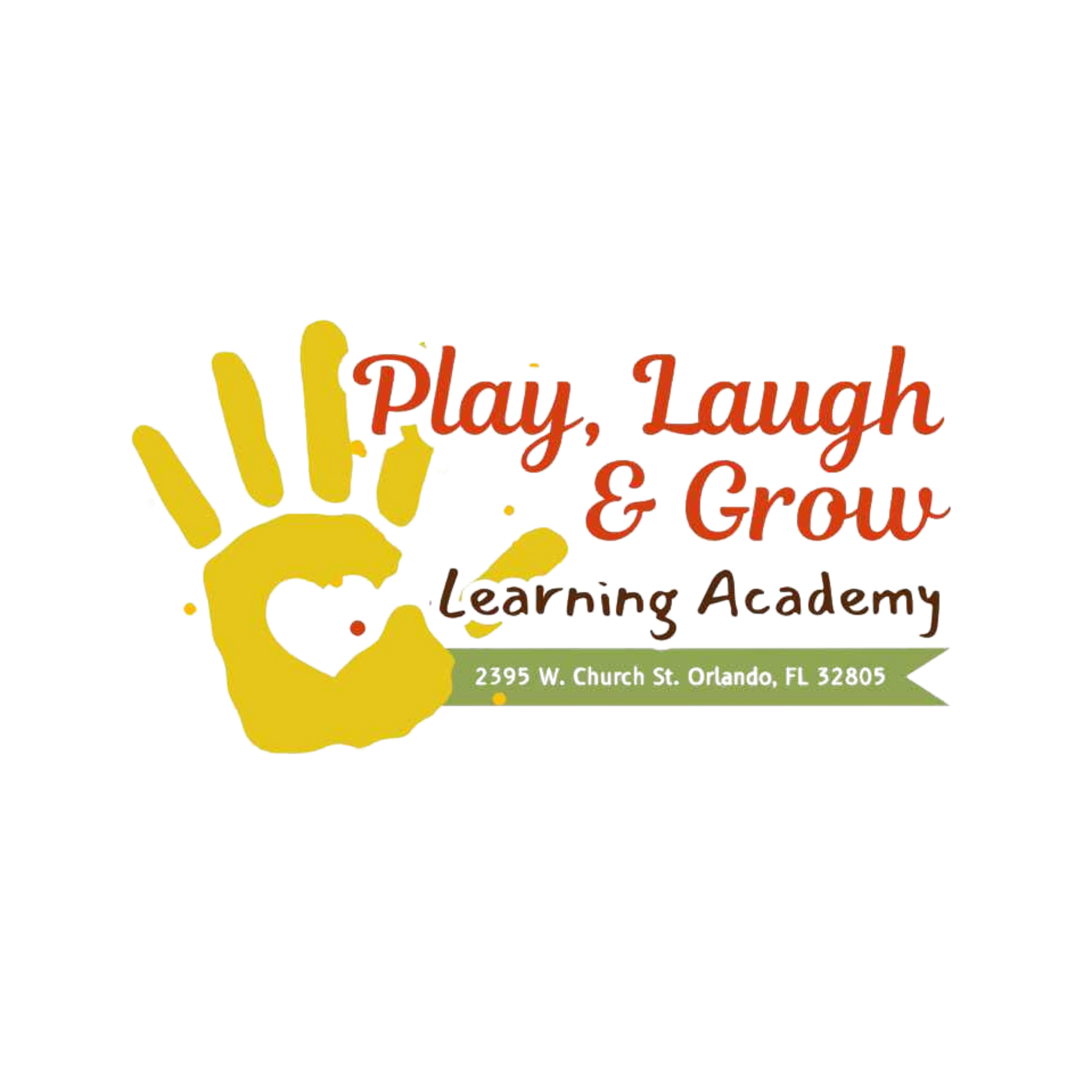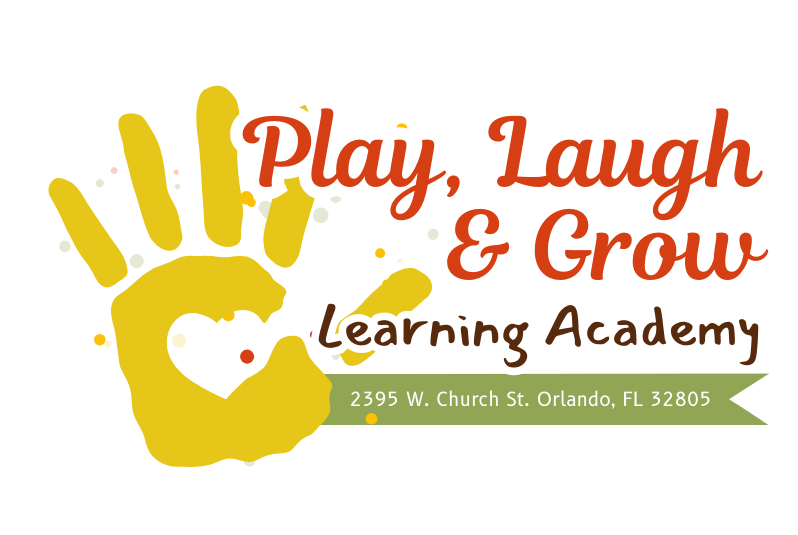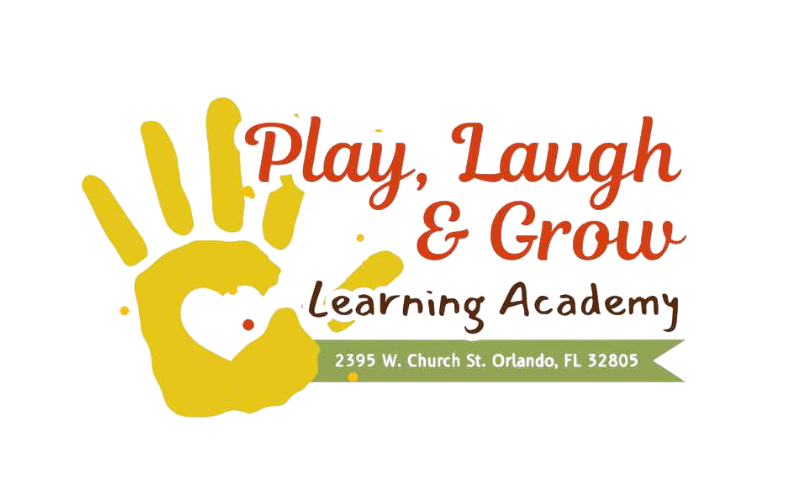The Role of Play in Early Childhood Development: Beyond the Basics

Play is much more than just a fun activity for children. It's an essential part of their development, helping them build cognitive, social, emotional, and physical skills. At Play Laugh and Grow Academy, we understand that early childhood is a time of rapid growth, and play plays a pivotal role in shaping young minds. This blog will explore the different types of play and how they contribute to the well-rounded development of children.
The Importance of Play in Child Development From building motor skills to learning social cues, the act of play is critical in a child's developmental journey. Play can be categorized into several types, each supporting specific aspects of development. Here’s a deeper look at how different forms of play influence children's growth:
1. Physical Play: Strengthening the Body and Mind Physical play, such as running, jumping, climbing, and dancing, supports a child's physical development. Through these activities, children develop gross motor skills, which are important for balance, coordination, and strength. As children engage in physical play, they also experience the benefits of being active, which are crucial for their overall health.
But the benefits aren’t limited to the physical domain. Physical play also impacts cognitive function. It helps children strengthen their problem-solving abilities, as they explore new challenges and find ways to overcome obstacles, whether climbing a structure or balancing on one foot. These experiences foster perseverance and resilience, key traits for personal growth.
2. Social Play: Building Connections with Others One of the most valuable aspects of play is its ability to teach children about social dynamics. When children engage in social play, whether it's cooperative play with peers or playing in groups, they develop vital social skills like sharing, communication, and conflict resolution. These early experiences form the foundation for healthy relationships as children grow older.
Through social play, children also learn how to manage their emotions. They encounter situations where they need to take turns, listen, and share ideas with others. In group play, children may need to navigate differences in opinion, which teaches empathy and negotiation skills.
3. Imaginative Play: Developing Creativity and Problem-Solving Skills Imaginative play is a form of play where children engage in pretend scenarios, such as pretending to be doctors, teachers, or superheroes. This form of play is essential for fostering creativity and imagination. Children are able to experiment with different roles, which allows them to explore different perspectives and practice problem-solving.
Imaginative play also encourages language development as children invent stories, create dialogues, and develop new ideas. It fosters creativity in the brain, encouraging children to think beyond the present and consider possibilities they may not have encountered otherwise.
4. Constructive Play: Building Cognitive and Problem-Solving Skills Constructive play involves activities that allow children to build or create things, such as using blocks, puzzles, or other building materials. This type of play supports cognitive development by enhancing spatial reasoning, planning, and problem-solving skills. As children experiment with how things fit together or how to solve a puzzle, they build critical thinking skills that will serve them well in school and later in life.
Additionally, constructive play offers opportunities for children to develop fine motor skills, such as hand-eye coordination, precision, and dexterity, as they manipulate small pieces to build larger structures.
The Benefits of Play in Early Childhood The benefits of play extend far beyond just keeping children entertained. It is through play that children learn the foundational skills they need to succeed later in life. These include:
- Emotional Regulation: Play helps children learn how to express and control their emotions, which is crucial for their emotional development.
- Cognitive Development: Through play, children develop cognitive skills such as memory, attention, and problem-solving. These skills are crucial for success in school and beyond.
- Social Competence: By interacting with other children during play, children develop important social skills such as empathy, cooperation, and respect for others.
- Creativity and Imagination: Imaginative play allows children to develop their creative thinking and problem-solving abilities.
Creating a Balanced Play Environment at Play Laugh and Grow Academy At Play Laugh and Grow Academy, we prioritize the importance of play in every aspect of our curriculum. We create a balanced environment where physical, social, imaginative, and constructive play opportunities are woven into daily activities. Our educators understand that children need both structured and unstructured playtime to fully benefit from these experiences.
We encourage outdoor play, creative arts, group activities, and independent play. Our goal is to foster a learning environment where children can explore, express themselves, and develop essential skills in a fun and engaging way.
Learn how Play Laugh and Grow Academy supports social-emotional development in young children and the overall impact of early childhood education by reading
How Play Laugh and Grow Academy Supports Social-Emotional Development in Young Children and
Why Early Childhood Education Matters: A Parent’s Guide to Play Laugh and Grow Academy’s Impact on Development.
Conclusion Play is not just a fun way for children to pass the time; it is a vital part of their development. Through physical, social, imaginative, and constructive play, children build the foundation for a successful future. At Play Laugh and Grow Academy, we are committed to nurturing every aspect of your child's development, ensuring they grow into confident, capable, and creative individuals.
By embracing the power of play, we help children unlock their full potential, setting them on a path to lifelong learning and success.

